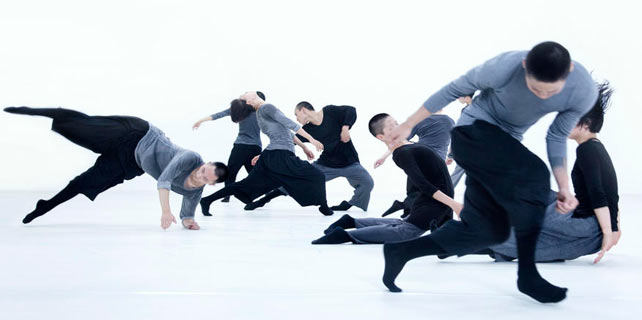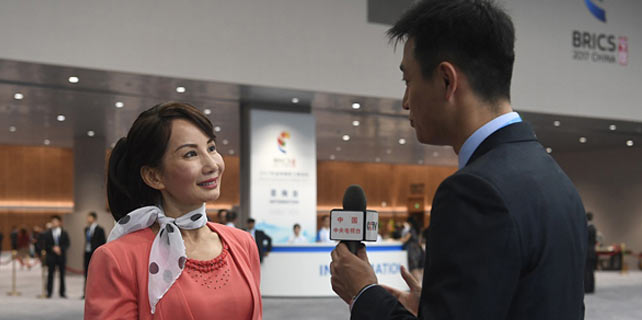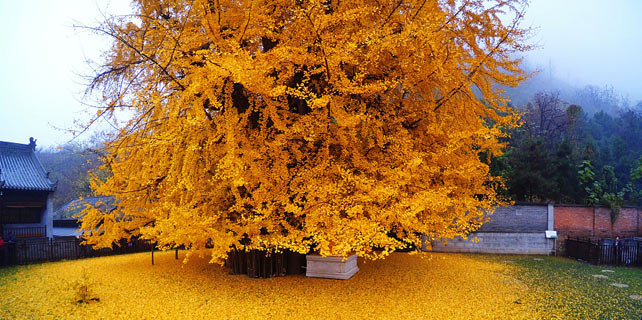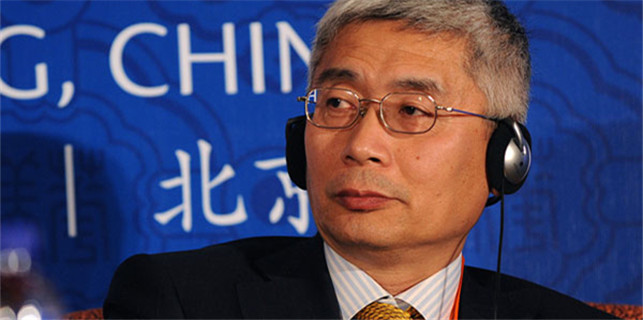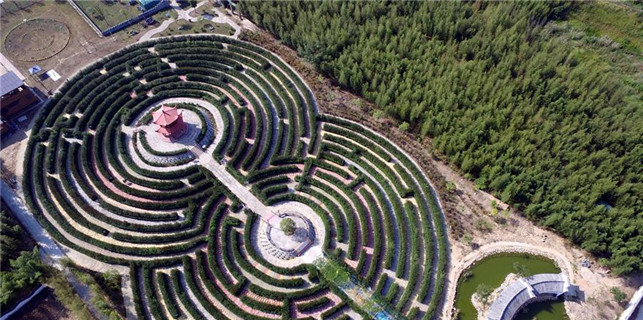Chinese art - an undying collection
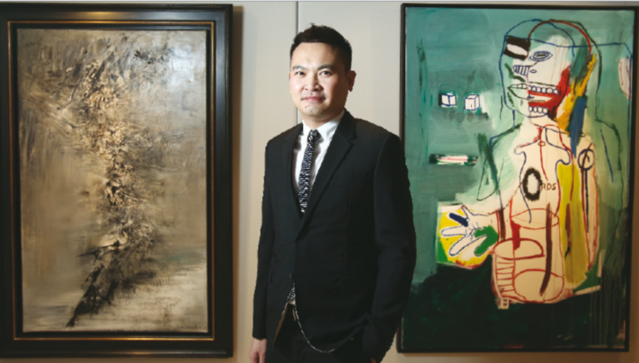 |
|
Alex Chang Yi-hsiu, managing director of Poly Auction (Hong Kong), says the company boasts having a pool of global customers who are interested in Chinese arts and willing to explore new markets. Parker Zheng / China Daily |
As art auction houses thrive on the Chinese mainland, auction house chief Alex Chang tells Duan Ting one of their goals is to bring back Chinese art that's lost in other parts of the world.
The art auction business on the Chinese mainland is infused with dynamism, and is growing rapidly as affluent buyers rush into the market, reviving an industry that's highly susceptible to global economic twists and turns.
Alex Chang Yi-hsiu, managing director of Poly Auction (Hong Kong), has been buoyed by the company's latest sales figures that offer a strong pointer to the trend although competition has become more intense.
"Mainland auction houses don't encounter that many burdens and restrictions as Western auction houses do," he tells China Daily.
"And, they have more right to speak on Asian and Chinese arts compared to Western auction houses which boast a more profound knowledge of Western arts."
These are some of the pertinent reasons behind Poly Auction (Hong Kong)'s quest to develop the art market.
Auction houses on the mainland, such as Poly Auction, are more vibrant in terms of operation and the types of products they offer at each seasonal sale, compared with Western auction houses. Chang says they're also open in trying out new approaches to implant each sale with greater luring power.
Citing Poly Auction (Hong Kong) as an example, Chang, who has more than two decades' experience in the industry, says they brought in Chinese wine for their sales in their second year in Hong Kong along with whisky, and included Hermes bags in their third-year sale.
The Hong Kong branch was established in 2012 by Poly Culture Group Corp, which was listed on the Hong Kong Stock Exchange in 2014.
Chang says the company's business has been growing fast as auction houses on the mainland mushroom, boosted by the group's comprehensive corporate structure.
He reveals that, in the initial stages of their operations, total transactions at one seasonal sale of Beijing Poly International Auction - a subsidiary of Poly Culture Group Corp and China's largest State-owned auction house - amounted to just between 500 million and 600 million yuan ($91 million). The figure has now reached almost 6 billion yuan, reflecting the fast development of the mainland's art auction market.
As for Poly Auction (Hong Kong), its revenue at each seasonal sale has also surged rapidly - from HK$519 million in 2012 to HK$1.8 billion during this year's autumn auction - according to Chang.
Total transactions at the company's 2015 spring and autumn auctions had reached HK$1.1 billion and HK$914 million, respectively.
New markets
The fifth anniversary of Poly Auction (Hong Kong)'s autumn auctions was held between Sept 30 and Oct 3 this year. At the recent seasonal sale, the company put up more than 1,500 pieces of artworks, with total sales reaching HK$1.8 billion, making it the best single auction for the past five years.
One of the highlights of this season concern sales under the "Modern and Contemporary Art" category that introduced Western masterpieces for the first time, offering Jean-Michel Basquiat's Untitled, which was sold for HK$44.25 million by Chinese-French master Zao Wou-ki. When it was shown to the public for the first time, it fetched HK$61.36 million - the highest price obtained in this category.
Chang says that although they don't have as much resources as Western auction houses, the company has global clients who are interested in Chinese arts and are willing to explore new markets. At the same time, Chinese buyers' purchasing power has been rising dramatically and they're willing to go for global pieces.
Mainland buyers currently account for about half of their client base, according to Chang.
Poly Auction (Hong Kong) has seven departments under its roof - Modern and Contemporary Art, Chinese Contemporary Ink Paintings, Fine Modern Chinese Paintings and Calligraphy, Classical Chinese Paintings and Calligraphy, Chinese Ceramics and Works of Art, Jewels and Watches and Chinese and Western Wine.
The company aims to build a more internationalized platform to combine Western and Eastern arts, and establish closer relationships with international collectors. It also endeavors to bring back Chinese arts lost in other parts of the world and promote Chinese art pieces to be understood by the world.
Hong Kong, Chang believes, does have an edge in the auction house business, with its low taxes and lack of law governing cultural relics, coupled with a more matured legal and financial system.
Intense rivalry
He calls auction houses "information providers" and "secondary deal matching platforms", which don't involve management of artworks, as well as a museum with lots of knowledge to learn from.
"Rivalry in the auction house business is becoming very intense, so people in the industry have to be more professional."
Relations with clients are equally important for the business, and it calls for a long-term association, Chang says, adding he had spent plenty of time talking to people through social media, including WeChat.
Talking about the changes in the industry, Chang says it's very much about the change in seeing groups of collectors, with mainland collectors now omnipresent around the world, and especially young mainland collectors are emerging.
Such a trend impresses him and fuels his optimism.
Contact the writer at tingduan@chinadailyhk.com








